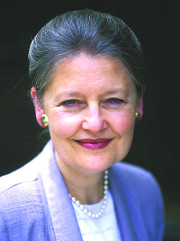 Janet Doman has been the director of The Institutes for the Achievement of Human Potential (The Institutes) since 1980. She grew up at The Institutes and was pitching in to help brain-injured children by the time she was nine years old. After completing studies in zoology at the University of Hull in England and physical anthropology at the University of Pennsylvania, Janet devoted herself to teaching early reading programs to parents at The Institutes. Janet spends most of her day teaching the parents of hurt and well children and helping them to discover the vast potential of their babies and their own potential as teachers.
Janet Doman has been the director of The Institutes for the Achievement of Human Potential (The Institutes) since 1980. She grew up at The Institutes and was pitching in to help brain-injured children by the time she was nine years old. After completing studies in zoology at the University of Hull in England and physical anthropology at the University of Pennsylvania, Janet devoted herself to teaching early reading programs to parents at The Institutes. Janet spends most of her day teaching the parents of hurt and well children and helping them to discover the vast potential of their babies and their own potential as teachers.
In this exclusive interview, The New Age Parents caught up with the renowned infant and brain development specialist as she shared with us how parents can help to stimulate their baby’s intelligence.
The New Age Parents (TNAP): How is a child’s intelligence measured?
Standard “Intelligence” tests that are in common use are not really measuring intelligence and in most cases were never designed to do so. We have created a Developmental Profile that measures a child’s neurological age. This measures brain maturation. It gives parents a picture of their child’s overall neurological growth and development. Parents can see clearly where their child may need more stimulation and opportunity to develop more rapidly.
TNAP: What can parents do to stimulate and multiply their baby’s intelligence?
Plenty! Parents are the best teachers their child will ever have. They can provide a home that is rich in stimulation and opportunity to use new abilities as they develop. The most important ingredients are mother and father themselves. Both parents need to give their young children their time and their attention – real time and real attention. This is what every child wants more than anything else. Too often parents use their time with their children taking them from one place to another – day care, gym lessons, music lessons, “play groups” etc. They may spend a lot of money but they actually spend very little time actually doing anything with their child.
Make each morning sacred – kids are at their best in the morning. Stay home in the morning, turn off the cell phone, the radio and the TV. Get off that merry-go-round and just sit down with your child. Read to him, teach him to read, teach him about those things he likes and you like. If you are bilingual, use both languages so that he can be bilingual too. Teach him about quantity, make a little circuit of physical activities in your house or apartment and do it several times a day with your child. Do anything and everything. Your child can learn anything that you can teach in an honest, factual and joyous way. It is good to be a tiger mother but remember that real tigers are very kind and gentle to their cubs, not pushy and harsh.
 TNAP: What are the best stimulations for a child to thrive and grow cognitively?
TNAP: What are the best stimulations for a child to thrive and grow cognitively?
If a parent can only do one thing, we strongly recommend teaching a child to read as early as possible. Children who learn to read early and can read independently will devour books and will be on a life-long path to educating themselves. Early readers are much more likely to find school easy and enjoyable. A strong consistent physical program is equally important. We give our babies the maximum opportunity to move freely on their bellies right from birth. We do not wrap them, bundle them, or confine them in any way except to transport them from one place to another. There is a very big difference between a baby who has had the opportunity to crawl 500 meters on his belly by the time he is four months old and a baby who has spent his days bundled up, or on his back, or in a playpen, backpack, or car seat, and who virtually never moves.
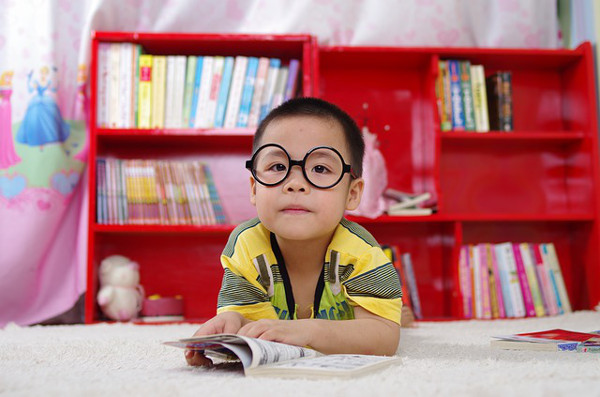
TNAP: How will a child’s emotional development affect his or her ability to learn?
Common sense tells us that a happy baby will be curious, outgoing, and full of adventure. This is the native state of a baby when he is with mother and father. If the baby is separated from mother and father and placed in an environment that is tense, chaotic, or unpredictable, he will be easily upset and confused.
TNAP: When should parents start reading to their babies?
Parents start talking to their babies at birth (if not before!) reading to a baby is merely talking which originates in a book so the idea of reading to a baby is not so far fetched. Whether you are talking to your newborn or reading to the newborn it should be a happy relaxed moment in which you are communicating about something that will interest your baby.
TNAP: Many parents start to get anxious and worried when they children can’t speak at a certain age. Is this a cause for great concern?
Babies are actually communicating with their parents right from birth. The problem is that we cannot understand them! Because we cannot understand what they are saying, we assume they are not saying anything at all. Adults believe that babies begin to talk when they are able to make sounds that we adults understand as words. This is actually months and months after the baby actually began talking. So your question is more about our ability to understand than it is about the baby talking. If parents cannot understand ten words and a few couplets by the time a child is 18 months old, then the child may need a better physical program to improve his breathing. When he breathes better, he can say words more clearly and he will be more willing to speak.
 TNAP: Parents may unintentionally compare their child’s speech with others and this may cause pressure on themselves and on their child. What is your take on this?
TNAP: Parents may unintentionally compare their child’s speech with others and this may cause pressure on themselves and on their child. What is your take on this?
Parents are always being told not to compare their child with another child, but this is foolish advice and parents quite rightly ignore it. If another child has an ability – especially one as important as talking – and your child is not yet talking, you have every right to want your child to be as capable and effective as another child of the same age. The question is not whether you should want this but what should you do to help ensure that your child has the ability that he should have.
Pressure is never the answer – pressure just adds yet another problem. If a child is talking poorly or not talking at all, parents should find out what the barrier might be. It could be immature respiration, in which case a good consistent physical program will help, especially walking and running. If the child is not hearing properly, he will not be able to talk properly either. Teaching a child to read greatly helps to stimulate the language areas of the brain, and this can result in improved speech. These are possible solutions but, of course, there are other possible barriers and other solutions as well.
TNAP: In your years of experience, what are some common misconceptions parents have with regards to a child’s intellectual ability?
All adults routinely underestimate the intelligence of the tiny child. Babies are linguistic geniuses. They can learn as many languages as are spoken in their environment. If mother speaks Chinese and father speaks English, and grandmother speaks Bahasa and grandfather speaks Japanese, the baby will easily master all of these languages without the slightest difficulty. Babies get their homes “wired” very quickly – they understand cause and effect. The baby quickly teaches mother to take a nap when the baby takes a nap. They master the household very quickly. They are learning every second of the day. We need to be keenly aware of this and create an environment which is user-friendly from the viewpoint of the baby rather than creating an environment for our own convenience which is often a sterile environment for the baby.
TNAP: With a myriad of enrichment programs offered to parents today, how can parents be well informed of which program is best suited for their child?
The question assumes that the answer for the parent is to find a fancy enrichment program and enroll the child. This is not true. The magic is in the child, not the program. The answer is in the parent creating a program with the child. A great program is when mother and father invest their time and energy into doing those things with their child at home that bring them and their child honest pleasure and brings them closer together.
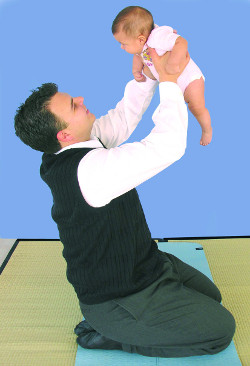 TNAP: Share with us what hopes and dreams for today’s parents and children.
TNAP: Share with us what hopes and dreams for today’s parents and children.
Many years ago someone who did not like what we were proposing said, “All that those people at The Institutes are doing is driving mothers and babies closer together.” Well, it is not all we are doing or all we are proposing, but if it were the only thing we were doing it would be enough. Our hope is to put mothers and fathers and kids back together again. Tiny kids are the best students in the world, and mothers are their best teachers. The more we put the best students with the best teachers, the better the world will be.
Our dream is to give our babies what should be their birth rights: the right to be intelligent, the right to be physically excellent, the right to be healthy, and the right to be socially excellent. Better kids for a better world. This is not some lofty dream but entirely doable. There are thousands of parents and kids doing this together right now.
* * * * *
Like what you see here? Get parenting tips and stories straight to your inbox! Join our mailing list here.
Want to be heard 👂 and seen 👀 by over 100,000 parents in Singapore? We can help! Leave your contact here and we’ll be in touch.









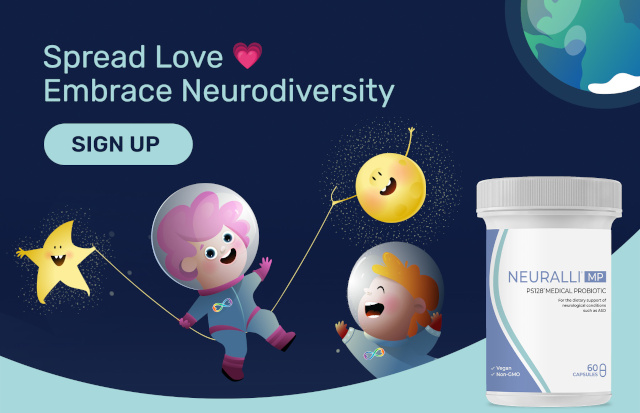


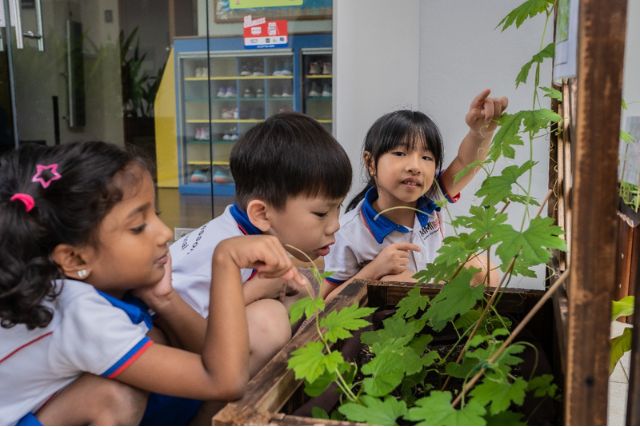


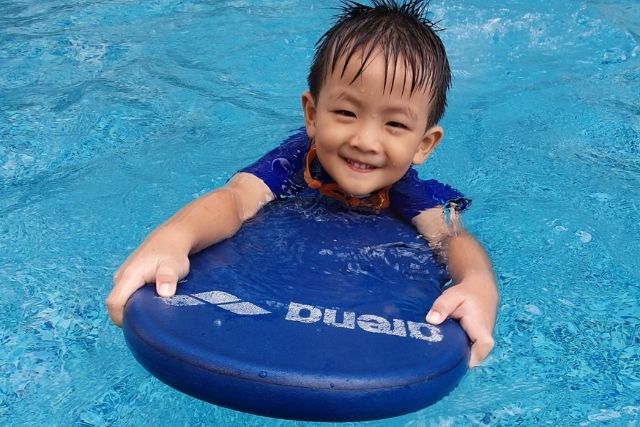

























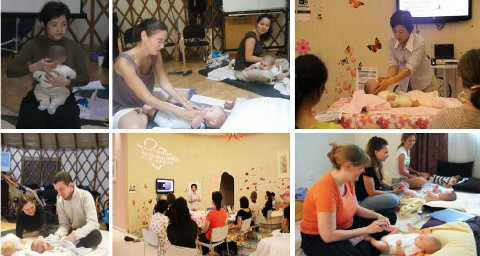
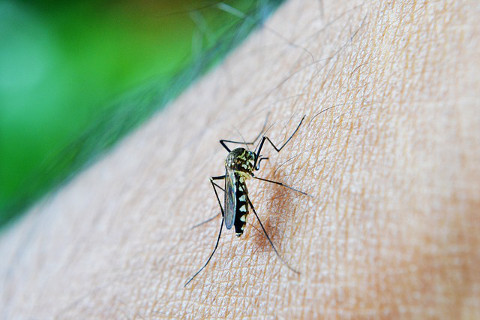
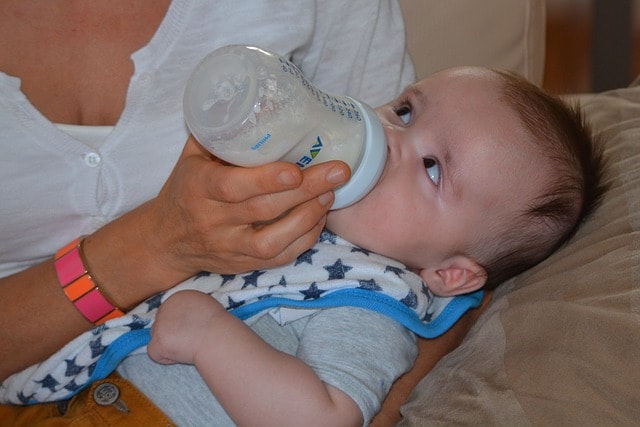






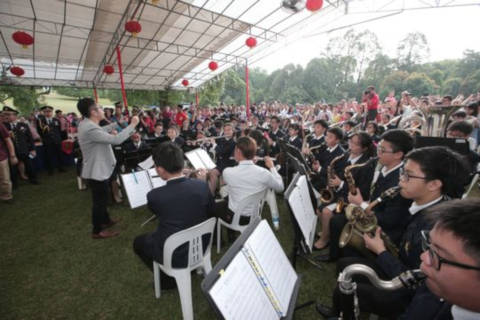

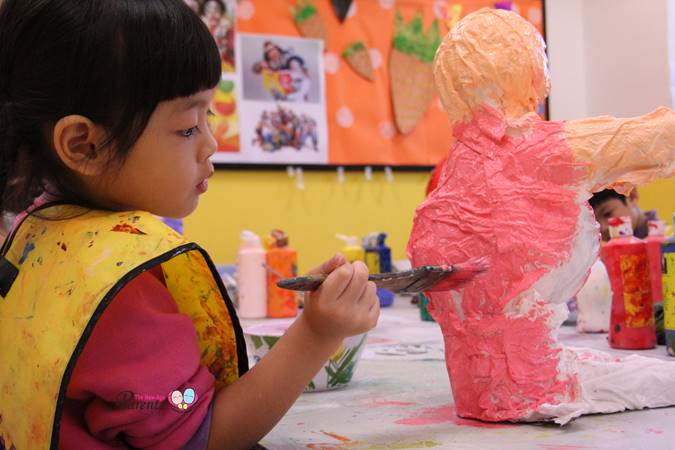







Leave a Comment: